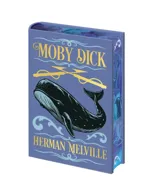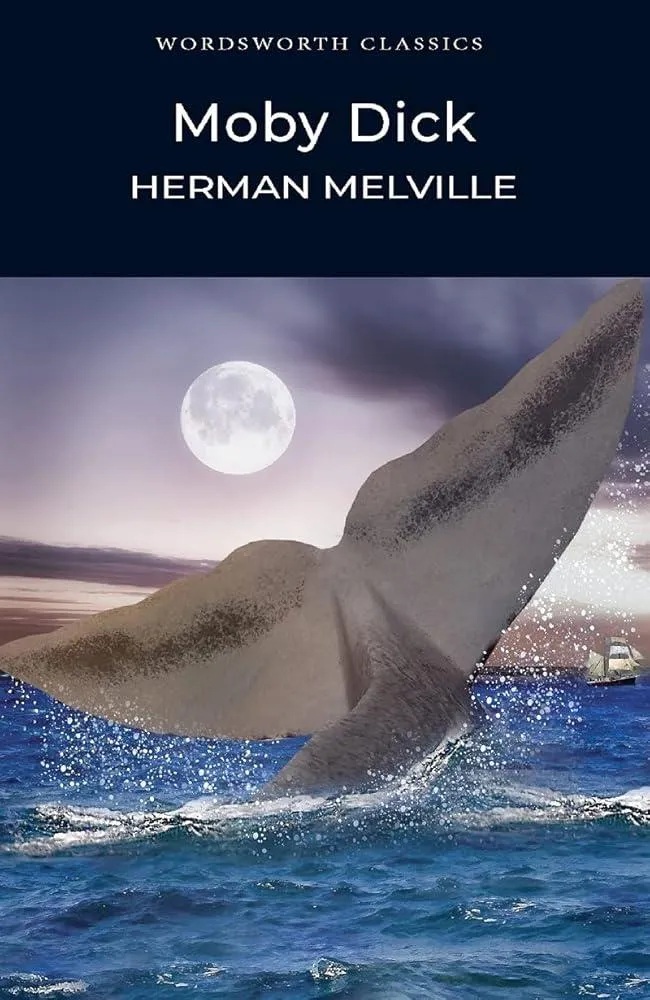Moby Dick
Or, the Whale
(Author) Herman MelvilleHerman Melville (1819-1891) was an American novelist, short story writer, essayist, and poet. His first two books gained much attention, though they were not bestsellers, and his popularity declined precipitously only a few years later. By the time of his death he had been almost completely forgotten, but his longest novel, Moby-Dick; or, The Whale (1851) - largely considered a failure during his lifetime, and most responsible for Melville's fall from favor with the reading public - was rediscovered in the 20th century as one of the chief literary masterpieces of both American and world literature. Melville is less well known as a poet and did not publish poetry until late in life. Other works include Typee (1846), Omoo (1847), Mardi and a Voyage Thither (2v/1849), Redburn: His First Voyage (1849), White-Jacket (1850), Pierre (1852), Israel Potter: Fifty Years of Exile (1855), The Piazza Tales (1856), Benito Cereno (1856), Battle-Pieces and Aspects of the War (1866), Timoleon (1891), The Apple-Tree Table (1922), John Marr and Other Poems (1922), The Confidence-Man: His Masquerade (1923), Billy Budd (1924), and Journal up the Straits (1935).
Herman Melville
Herman Melville (1819-1891) was an American novelist, poet, and short story writer best known for his novel "Moby-Dick," a complex and symbolic work that explores themes of obsession, fate, and the struggle between good and evil. Melville's writing style is characterized by its rich symbolism, philosophical depth, and exploration of existential themes. His other notable works include "Typee," "Billy Budd," and "Bartleby, the Scrivener." Melville's contributions to literature have had a lasting impact on the development of American literature, particularly in the genre of the novel.






